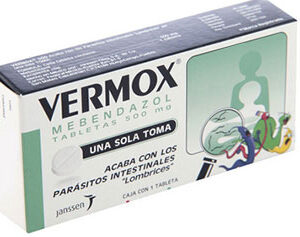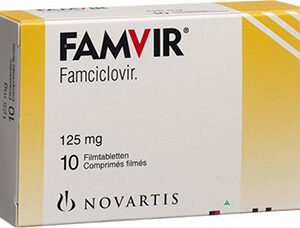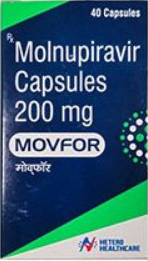Anti Viral
Antiviral medications play a pivotal role in managing and treating various viral infections, each targeting specific viruses and their replication processes. These drugs are critical not only in treating acute viral infections but also in managing chronic viral conditions.
Influenza (Flu):
Oseltamivir (Tamiflu) is a commonly prescribed antiviral for influenza. It works by inhibiting the enzyme neuraminidase, which the flu virus needs to replicate and spread within the body. Oseltamivir is most effective when taken within the first 48 hours of symptom onset and can reduce the duration of flu symptoms by 1 to 2 days. It also may decrease the risk of complications such as pneumonia.
Herpes Viruses:
Acyclovir (Zovirax) and similar drugs like Valacyclovir (Valtrex) and Famciclovir (Famvir) are used for herpes simplex virus (HSV) and varicella-zoster virus (VZV) infections. These medications work by inhibiting viral DNA replication. They are effective in reducing the severity and duration of outbreaks in conditions like cold sores, genital herpes, and shingles. Regular use can also decrease the frequency of outbreaks and the risk of virus transmission.
Human Immunodeficiency Virus (HIV):
Chronic HIV infection is managed with a regimen of antiretroviral drugs. These medications do not cure HIV but control the virus, significantly reducing viral load in the body.
A common combination therapy includes Emtricitabine/Tenofovir (Truvada) and Efavirenz. Emtricitabine and Tenofovir are nucleoside reverse transcriptase inhibitors (NRTIs) that interfere with the virus’s ability to use reverse transcriptase, thus preventing the virus from multiplying. Efavirenz belongs to the class of non-nucleoside reverse transcriptase inhibitors (NNRTIs) and also works by inhibiting reverse transcriptase.
This combination therapy helps to maintain the immune system function and prevent the progression of HIV to Acquired Immune Deficiency Syndrome (AIDS). It is also important in reducing the risk of HIV transmission.
Hepatitis B and C:
Antivirals such as Entecavir and Tenofovir are used for Hepatitis B, while a combination of drugs including Sofosbuvir, Ledipasvir, and Ribavirin are used for Hepatitis C. These medications work by targeting specific steps in the viral replication process, thereby reducing the viral load, improving liver health, and decreasing the risk of liver-related complications.








